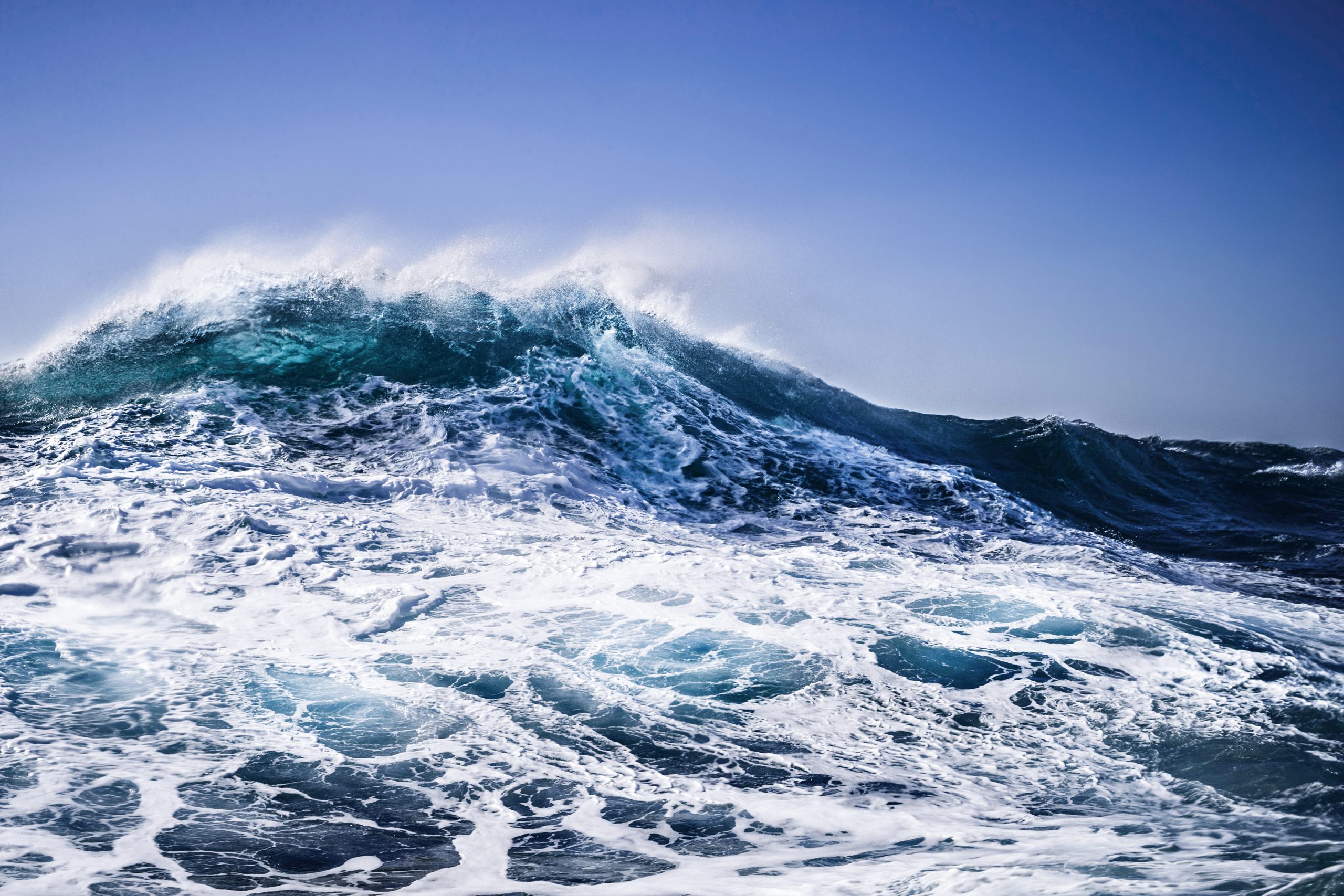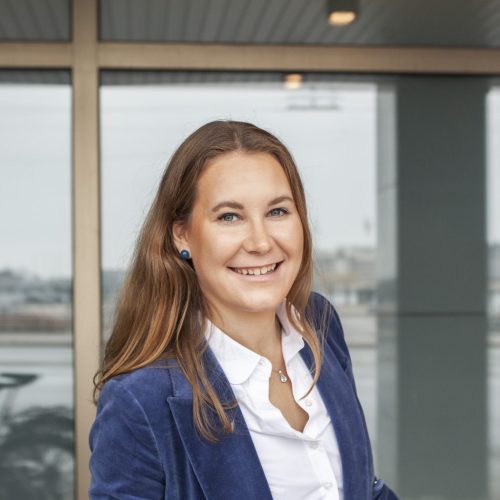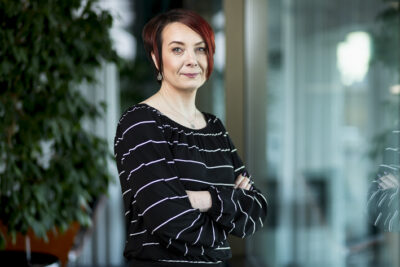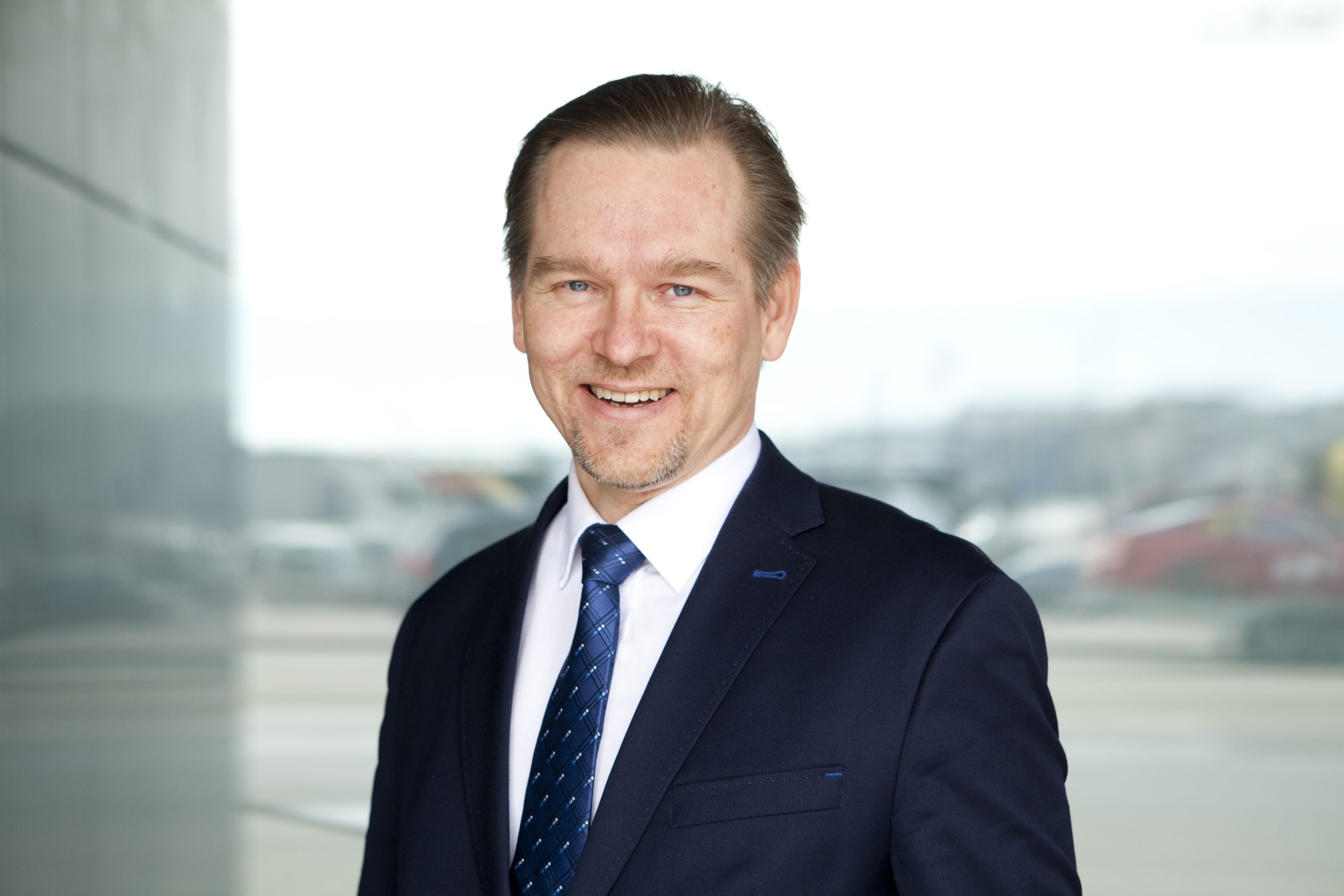Happy Baltic Sea Day and greetings from the “Influence on Waters” event!

The theme of the last week of August is clearly water. I was just a couple of days ago at the “Influence on Waters” stakeholder event organized by the Ministry of the Environment in Kouvola, where we received an update on upcoming legislation both nationally and at the EU level. We heard about concrete work being done to improve water bodies, learned about areas for development and challenges, went on field visits, and, best of all, engaged in discussions about all of this. Additionally, today, on the last Thursday of August, we celebrate Baltic Sea Day, initiated by the John Nurminen Foundation.
Water is a rising global theme. In the spring, the UN organized a water-related meeting for the first time since the 1970s, and we are increasingly hearing about droughts, floods, hurricanes, and heavy rains, which bring new kinds of burdens to our societies and the environment.
At the “Influence on Waters” event, I participated in a panel discussion titled “What efforts should be invested in achieving water and marine management goals?” where I emphasized the need for impact. It is crucial to genuinely identify the factors that burden water bodies and allocate resources accordingly. Demanding action only from point sources, which constitute only a small portion of nitrogen and phosphorus pollution in water bodies, is not sensible. Instead, we should pay more attention to non-point source pollution and increase efforts to reduce nutrient emissions from agriculture and forestry.
Anticipating the increasing rains is also of utmost importance. I also called for the urgent development of the ecological compensation market to ensure that effective actions are concretely taken. In many cases, new expertise is needed, but there should also be a general attractiveness for water-related issues. Do we have future professionals who can analyze and understand the state of our waters and the factors affecting them, as well as come up with solutions and face new challenges?
Here are three key themes:
- Anticipation: Now is the time to anticipate and invest in anticipation. What will future heavy rains, longer wet periods, shorter and warmer winters bring to urban environments, industrial environments, agriculture, and housing? What risks need to be genuinely anticipated, and what do we need to prepare for? It is high time to wake up to both adaptation and skills development and to inspire others to join in.
- Best Practices: Best practices need to be implemented both on land and at sea, whether it’s about shipping or the operation of water treatment plants. Communication plays a key role in spreading knowledge about best practices, and we also need inspiring individuals who can drive change. The Responsible Care program is well-suited to promote the sharing of best practices.
- Action: Now is the time to act. Whether it’s about picking up trash during an evening walk, reevaluating our own practices, or developing the ecological compensation market, the time to act is now. Ecological compensation is a great initiative that still needs to be realized concretely. To improve the state of nature, resources must be directed sensibly and efficiently towards the right actions. Ecological compensation provides a good means for this, and the key is the verification done by authorities. However, the market will not develop on its own, or at least not quickly enough, so investments from the government are needed to help the ecological compensation market evolve. Regarding action, it’s also time to review our own practices and see if they align with best practices. If you’re unsure, ask a neighbor or a colleague. Sometimes there’s no need to reinvent the wheel. Best practices can be found on sites like environment.fi, and you can also come across them in various companies’ public channels, and of course, you can inquire about them in the Responsible Care network.
There are also many developments in legislation right now. Nationally, the Ministry of the Environment is working on the environmental objectives and deviations concerning water management, and the chemical industry is actively monitoring this work. The government’s proposal is expected to be open for comments before Christmas. At the EU level, there is currently active consideration of water-related legislation, both in the form of updating old regulations and creating entirely new legislation. Some of the topical issues include the revision of the urban wastewater directive, the drinking water directive, and the directive concerning environmental standards.
As always, effectiveness is achieved through cooperation and seeking new initiatives. Many actors may have changed, attitudes may have shifted, and common goals may be found in this era in new ways compared to before. I encourage everyone to harness the power of collaboration!
Here are some practical tips for Baltic Sea Day:
- Familiarize yourself with the Water Responsibility website and the recordings of the Water Responsibility webinar.
- Explore the outcomes of the UN Water Conference.
- Get acquainted with UN Sustainable Development Goals number 6 and number 14.
I also want to thank the “Influence on Waters” event for its program and the commendable work that was presented there in the form of concrete actions to protect waters and improve water quality, as well as the long-term efforts for Finnish waters. It was great to hear these stories and narratives and, on the other hand, to also get to know new players in the field of water issues.




